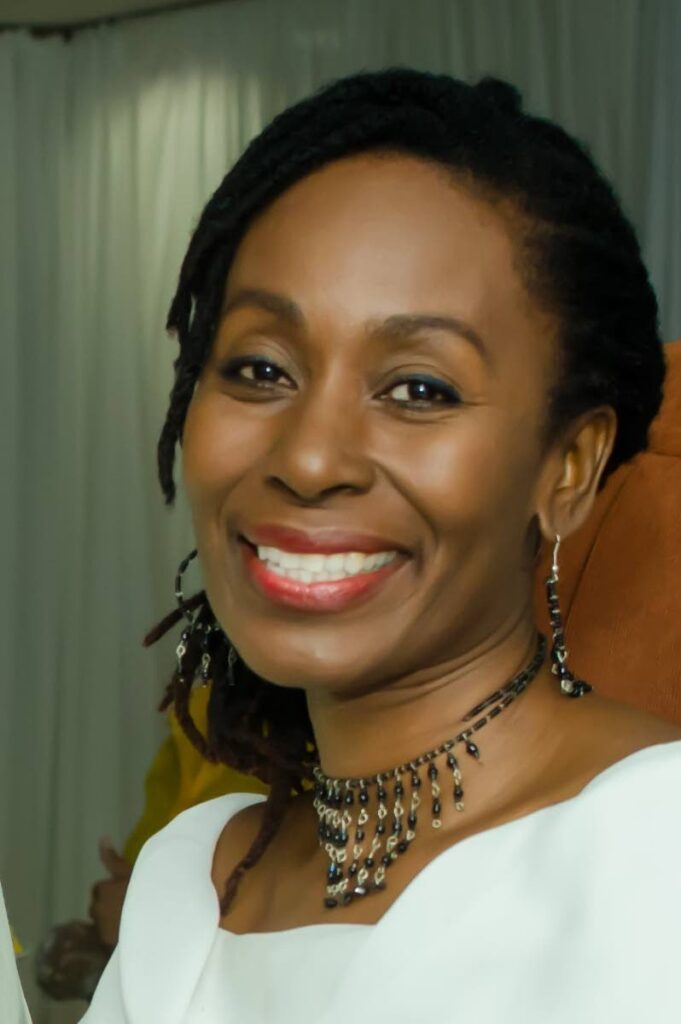Power of culture in quest for freedom

Dara Healy
“His Majesty has … appointed special Magistrates on purpose to protect the Apprentices, yet these Magistrates are at the same time ordered to do justice to the Employers, and in particular, to punish those Apprentices who neglect or imperfectly perform their work, who are guilty of insolence or insubordination, or who quit or run away from the service of their employers.”
Extract from Emancipation Proclamation, Port of Spain Gazette
Culture was at the centre of resistance to enslavement and the fight to regain freedom.
As they danced, sang and practised kalinda, thoughts of insurrection were never far from the minds of the enslaved. Africans did not wait for anyone to lobby on their behalf. In 1673 there were revolts in Jamaica and Bermuda. In 1735, islandwide resistance in Antigua. In Tobago, 1770 and again in 1771. In Trinidad, 1805.
So far, I have counted about 75 acts of resistance across the Caribbean, the ultimate one of course being Haiti. It rebelled in 1791 and by 1804 had completely liberated itself from the terror of enslavement.
In 2024, why should any of this matter?
At 6 am on August 1, our organisation will present Freedom Morning Come, a ritual enactment by Eintou Pearl Springer, as part of the Emancipation celebrations of the Emancipation Support Committee.
In the play, we ask, “What you going to do with yuh freedom, allyuh? What you going to do when it come?”
Increasingly, as we face existential threats from climate change to disease and war, our understanding of freedom needs to be broken down into bite-sized actionable items, a checklist that we can work towards.
We must begin this new approach to freedom with an understanding of the power of culture to overcome injustice. The enslaved were very clear that brutality and cultural erasure were not what they wanted for themselves or future generations. They fought, tirelessly and in any way possible. In Bermuda, poisoning plots are documented over more than ten years, from 1720-1731. Poisoning of the masters and their animals happened here as well.
The culture and talents of the enslaved were used in attempts to counter such acts of resistance. Begorrat, infamous planter from Diego Martin and respected member of an official Poisoning Commission, created songs, or Cariso, to amplify his image and foster fear.
One song by calypsonian Gros Jean contained sentiments like:
Begorrat et Diab’la, c’est un/Begorrat fort, cruel et mauvais: "Begorrat and the devil are one/Begorrat strong, cruel and wicked.”
But songs that motivated and built community survived. This one recalls the awful journey between African and the Caribbean –
Kwamina, MinKoongo/Cho lolo/Zinga, yiya, yiya: "Keep steadfast, Koongos/Hold fast the ropes/Survive, win a reputation/Shine.”
Running away was another form of resistance supported by African culture.
The Underground Railroad in the US was a fully functioning network, established to help runaways get to places like Canada or Mexico. Stories are told of devices like songs and specially braided hair to confuse informers.
In TT, the Yoruba belief that the spirit would be able to fly back home was fundamental.
It is there in the legend of Gang Gang Sara from Tobago and in songs from Trinidad. A captive on one of the slave ships sang, Ojú me ko/Iya to i mo/Mo ba mi lo: "I turn my eyes to/The mother that I belong to/Don’t follow me” – before jumping off, flying home.
Protecting their ancient belief systems was an essential aspect of ensuring the freedom we enjoy today. Yorubas and others exploited the similarities that appeared in Christianity. For instance, they let the masters believe that they were praying to St Michael, often depicted holding a sword, while in fact venerating Ogun, Yoruba deity of iron and steel, who carries swords or cutlasses.
The proclamation of emancipation did not bring freedom, except to children under the age of six (implying that employing older children was acceptable). Still, across the Empire, Africans resisted apprenticeship through their culture and active rebellion.
These are the voices and the strategies that should guide our own story of emancipation. It is time to stop diminishing the power of culture to bring change.
From 4 am on Emancipation Day, let the drums of our African and other peoples sound out across the nation as we honour the power of culture. Let it be a drum call like no other as we call positivity into this space. Let it be a drum call for peace, love and true freedom.
Dara E Healy is a performance artist and founder of the Indigenous Creative Arts Network – ICAN.

Comments
"Power of culture in quest for freedom"